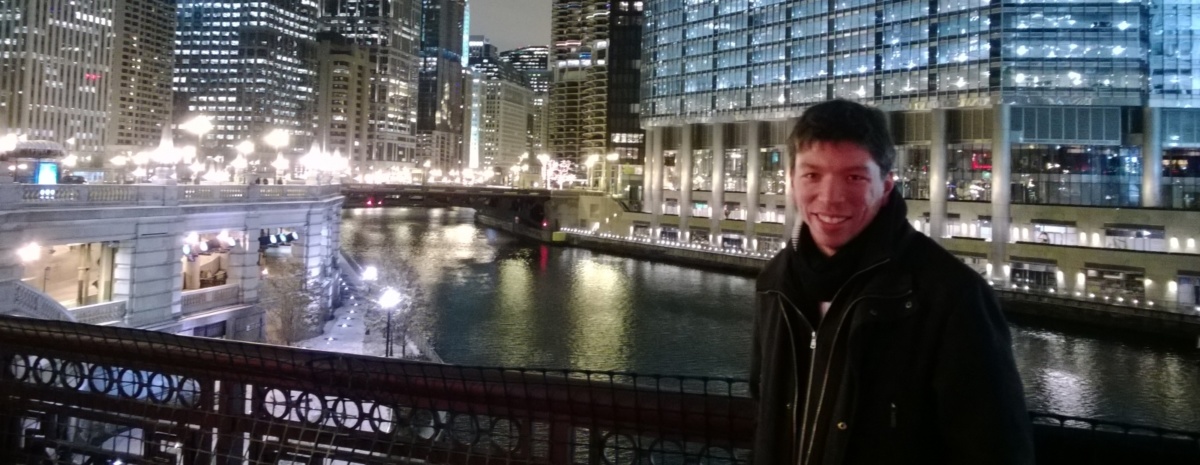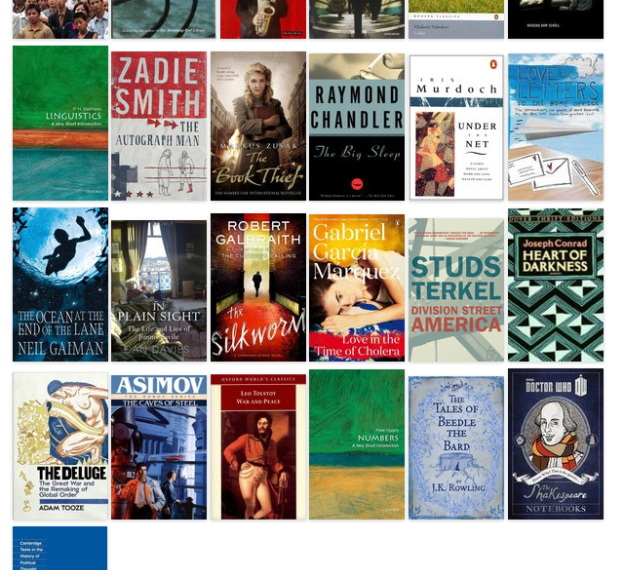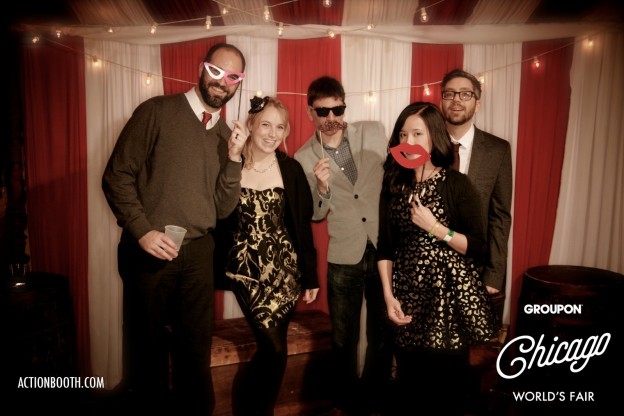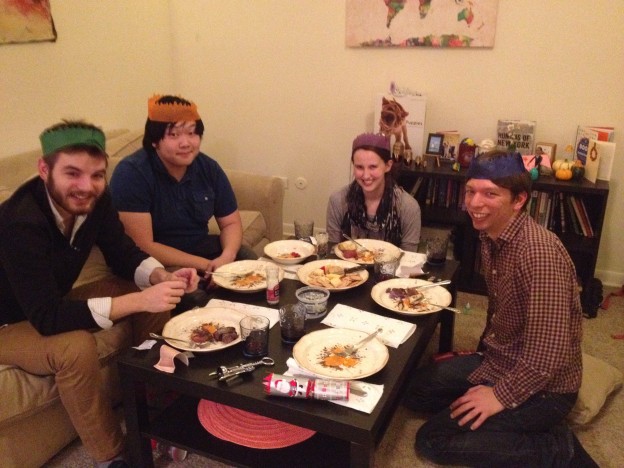Confession: this year, I failed in my reading target of reading ‘at least one more book than last year’, which would have required a minimum of 31. I could make several attempts to excuse myself, not least an abandoned effort to read the King James Bible which consumed many hours, and the distractions of moving. Nonetheless, here is my year in books:
It started out well, with The End of the Chinese Dream. I’d been looking for a good book on China for a while and picked this intimate study of the hopes, dreams and fears of Chongqing residents over a general sprawling history. It’s particularly memorable for its account of using a traditional Chinese ‘wishing tree’ to subvert government restrictions on surveys. There’s a much broader narrative to Adam Tooze’s The Deluge, a history of the global political reshaping which followed the First World War, which I wanted to read something about in this centenary year. (Fun fact: once upon a time, I went to Tooze’s ‘Economics for Historians’ lectures.) Suffice to say, I really enjoyed this, and recommend it to anyone interested in how and why the twentieth century turned out as it did.
More surprisingly, another piece of non-fiction this year which really stuck with me was Addiction By Design – Natasha Dow Schüll’s study of machine gambling in Vegas. I think I read this after an extract in The Guardian happened to catch my eye, and I found it completely enthralling. Not being a gambler myself, I had always assumed that the pleasure of a place like Vegas would come from the thrill of taking risks. In fact, the majority of casino revenue is now made up of gaming formats which are geared to precisely the opposite: routinised, almost trance-like experiences at slot machines. A work supported by years of research, the author deserves credit for making it so accessible to a general audience.
I’ve focused on non-fiction so far, which is where a lot of my hits of 2014 turns out to be, but there was a lot of good fiction stuff too. The Line of Beauty drew me into its world and served up some of the most well-written sex scenes I’ve ever read (your mileage may vary, but I remember being pretty struck by them). Heart of Darkness is a justified classic, obviously, and well conveys the dark and the terrible of European colonisation. The Caves of Steel was the first Asimov book I’ve ever read and, apart from being clever, imbued me with a strong, false nostalgia for the science fiction of the 1950s, and the kind of futures they imagined. The Ocean at the End of the Lane was vintage Gaiman: I’m not convinced it had much that was new, but I’m always a sucker for the twisted fairytale world he creates. And much of the pleasure of The Silkworm was the comfortable feeling of being allowed back into a JK Rowling book series, with characters you already know and love, ready for another adventure.
On the other hand, The Autograph Man was (as everybody warned me) Zadie Smith’s least best, and meanders around the lives of some fairly unlikeable but also unremarkable characters. I wasn’t particularly taken in by The Big Sleep: it was fine, and scratched an itch for a hard-boiled American detective, but I’m not in a rush for more of Philip Marlowe. Under The Net has somewhat slipped out of my brain, although I think I understood something from it at the time. The Book Thief was simplistic but moving. Love in the Time of Cholera is all about the writing, and that always stays with me less than plot, meaning that now when I look back I draw a blank although I remember enjoying it at the time. One thing which did stay with me was Lolita, so I’m glad that I tried again with this book after abandoning it halfway through a few years back. The first half is still much better, but it’s worth reading alone for Humbert’s skilful self-justification, all the creepier for its certain seductive power.
Oh yes, and late this year I also read War and Peace. I’m pleased that I did. Big epics usually take some time to get into, especially with so many characters, and this was no exception. But since the first thing most people say about War and Peace is how long it is, I have to say that it didn’t feel so long, especially once I could devote proper stretches of time to it. So, why bother? Well firstly, I knew next to nothing about Napoleon and the Napoleonic wars, so Tolstoy proved very instructive. The characters are pretty memorable, especially Natasha – after whom my sister was named! – and there are a couple of moments (especially during the war sequences toward the end) which hit you hard. He also throws in a couple of great quips.
Many congratulations to Simon for appearing in the essay collection Going Underground. And many thanks to Christa, whose gift of Division Street America was not always easy to read, and often melancholy, but an important insight into the city of Chicago. Love Letters to the Home Office and The Life and Lies of Jimmy Savile I have written about elsewhere.
And finally, for anyone who’s still reading: sometimes, for whatever reason, something you read enters the ‘random useless fact’ part of your brain and stays there. So allow me to share two entirely unrelated things which I found interesting in my reading this year. Firstly, courtesy of Linguistics: A Very Short Introduction is the Tuyuca language of a small South American people. It’s one with mandatory evidentiality, which means that the grammar of the language requires you to specify how a statement is known – whether visually, nonvisually, secondhand or through being apparent or assumed. (Comparably, for example, English often forces you to specify whether a noun or singular or plural: you can’t ‘pick flowers’ where the number of flowers may be 1.) But just think how much more precise the news would be if we spoke Tuyuca, eh?
Second fact, this time from Rousseau: the Polish-Lithuanian parliament of the 16th-18th centuries had a procedure known as the liberum veto. If any member invoked it (by shouting “Nie pozwalam!”, Wikipedia claims), then it didn’t just crush the legislation being debated, it also brought the session to an immediate end and voided everything which had already been passed in that session already. For anyone who despairs at the banality of Republican obstructionism in the US Congress, take some comfort in the fact that at least they don’t have the liberum veto. (Rousseau wasn’t very impressed, either. He called for the death penalty for anyone who tried to use it.)
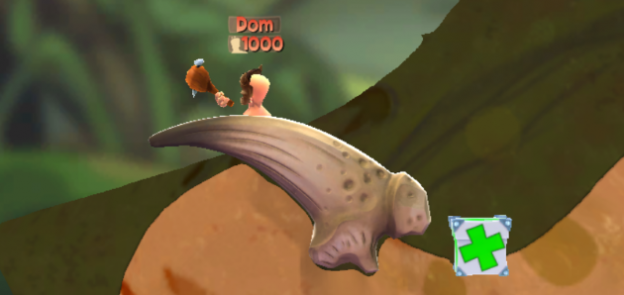
Yes, I’ve been playing too much Worms
Happy Boxing Day! Usually at this time of year I’m overwhelmed by (a) the coma of Christmas, and (b) the self-imposed chore of writing a year in review, but I couldn’t help notice that I was due my one thousandth post on this blog. And boy, it only took ten years to get here. So look, there’s a little Worm incarnation of me celebrating. (It’s only fair to concede that I spent several hours of Christmas Day losing to Katie at Worms very, very badly.)
Despite this humiliation, it was actually a lovely day, if quieter than the traditional family Christmas to which I was briefly thrust into over Skype. On Christmas Eve I stole one of Cat’s family traditions by settling down to The Muppet Christmas Carol, and then the next morning I unwrapped beautiful care packages from Tash and Katie which had been waiting patiently under the tree:

So much proper chocolate!
I even got to be part of the Hurley family Christmas by playing Pointless together:
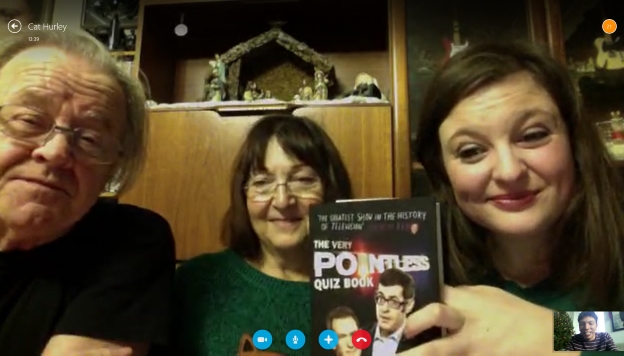
Highlights: philosophers and MPs. Lowlights: sport
And, of course, Doctor Who! So yes, I wouldn’t do this every year, but I still captured plenty of the Christmas magic.
Other things of note: enjoying the very last episodes of The Colbert Report, including Obama’s performance on the show, Julie’s birthday party, Grisel’s “I’m moving to San Francisco” farewell gathering (boo) and tagging on to see the final instalment of The Hobbit afterwards at the Navy Pier IMAX.
I seem to be more forgiving of this trilogy than most people. It’s clearly absurd, and no rational world would ever have permitted anyone to stretch out a short children’s adventure tale to the same length as Lord of the Rings. But I find the world spectacular and enjoyable enough to forgive all that. (Maybe it’s the accents?) Less acceptable is all of the LOTR foreshadowing, which rather wrecks the surprise element of that story’s opening, since all of the characters now know what’s coming anyway. So maybe it’s just that going to see The Hobbit reminds me of all those happy Christmases seeing the original films with my family, and for that, I’d probably pay to watch The Shire Parish Council Meetings (Extended Edition)*.
*Best not put that to the test, though, Peter Jackson.
Tis the season for Christmas ‘holiday’ gatherings! Kristina’s Santa & Elves party last weekend demanded some sort of dressing up so in the spirit of lazy recycling I wore my one-of-a-kind SexFest 09 Santa hat, and then spent the evening trying to explain how this legendary brand of New Year parties came about. (Josh would have been proud of me.)
The next evening, Agata hosted a gingerbread baking party, which was as well-organised and delicious as it sounds. In a crude attempt to curry favour with US immigration authorities I produced this patriotic American flag cookie, and it was only afterwards – over a fiercely competitive game of Munchkin at Catherine and Jason’s – that anybody pointed out there were too many stripes. Sigh. That Green Card isn’t getting any easier now.
Tuesday night was the culmination of the SPARK mentoring season. Each week, a group of us at work have mentored a middle-school student and worked on a project together, which we now exhibited to their parents on ‘Discovery Night’ in the style of a science fair. (I got unreasonably excited about the opportunity to set up a tri-board, having never done a science fair before, and only recognising it from old episodes of The Simpsons.) It’s been a really rewarding experience – hopefully not just for us – and I’m looking forward to doing more next year.
Earlier in the month, Randi and I had performed the usual routine of going to Common Room and then deciding which plays to see. This time, a quirky two-hander called Matt and Ben seemed promising – a bromance imagining of Matt Damon and Ben Affleck writing Good Will Hunting together back in the 90s, and played by two women. The only problem was that I’d never seen Good Will Hunting, so we watched this first in preparation. And it was… OK. I mean, I didn’t hate it, and there are good performances, but something about characters rubs me up the wrong way. Especially the confused depiction of intelligence as some sort of all-encompassing magical gift. It felt like, and I realise this is stating the obvious, a film written from an actor’s view of the world.
However, it was absolutely worth watching for the sake of the play the next evening, because Matt and Ben was fantastic. The cast were terrific, the direction was tight and pacey, the set had some great 90s touches – everything about it was just well-honed and fun. By the time anyone reads this, I believe the last performance has already taken place, making this quite useless as a review. But if you were thinking of time-travelling a short hop and looking for somewhere to sit inconspicuously to make sure you didn’t upset casualty too much, go see this.
Friday night was the annual Groupon Holiday Party – my first, or my fourth, depending on how you look at things. Feeling like an old man, I took a nap in advance, and this very much enhanced my enjoyment of the whole thing. And Jill was there!
Reasoning that only Sam and Michele would notice, I recycled my one-nice-jacket the next night for Nisreen and Mike’s ‘Glimmer and Glitz Winter Cocktail Hour’ (which proves that the SexFest tradition of branding your own events is alive and well in Chicago). This culminated in a game of Apples to Apples, which I’d never played before, but – despite everyone’s best efforts – was not quite as amenable to cheap innuendo as I’d hoped. (Yes yes, as everyone pointed out, that’s what Cards Against Humanity is for. On my list.) But the company was great, and as I wandered home to my increasingly Christmassy apartment, I felt pretty damn festive indeed.
Once upon a time, a very long time ago on the planet Earth, a species of ape evolved named homo sapiens sapiens, or human beings. At first glance, there seemed to be a lot wrong with these creatures. Their hips were too narrow, their two feet exposed their upright bellies to the world, and when they got frightened little goosebumps on their skin tried in vain to puff out non-existent hair in a futile attempt to look bigger and stronger than they really were.
But human beings had some tricks up their yet-to-be-invented sleeves, too. Their opposable thumbs helped them to fashion tools to make up for their deficiencies. With their special brains, they joined sounds to the world around them. And they were born to be social: they shared these sounds with other human beings, passing them on one to another, making connections, looking for patterns. Not all of the sounds were for the here and now. One human could tell another what was ‘over there’, or ‘back then’, or even ‘yet to be’. They could even imagine things which had never existed at all. Not bad for a hairless ape.
These animals were different to us, but also the same. They had not yet imagined credit cards, original sin or international shipping. But they did know, at least among those who made it to the northern fringes of their planet, that it gets dark at this time of year. The days turn to nights almost as soon as they have begun, and the air is cold, and the trees are bare. It is not an easy time if your body must keep its blood warmer than its surroundings, never letting up for a single moment, just to stay alive.
Some animals sleep through the winter, but apes must see it out. And so they turned to their sounds, their words, and their stories. They told each other, at the darkest moments, that the light would come back. They began to celebrate, and drink, and feast together. They gave each other gifts, and made fires from the logs of trees, and sang songs of the harvests to come.
There are lots of songs, lots of stories and now lots and lots of humans. But Christmas, which is older and wiser than the name it now wears, is not about any particular one of them. It is about the coming together – those apes in the dark – and what they choose to share with each other. And if you celebrate it, you might take a moment to remember our collective ancestors, and how we owe our existence to their making it through.
Oh, and it’s also about hats:
